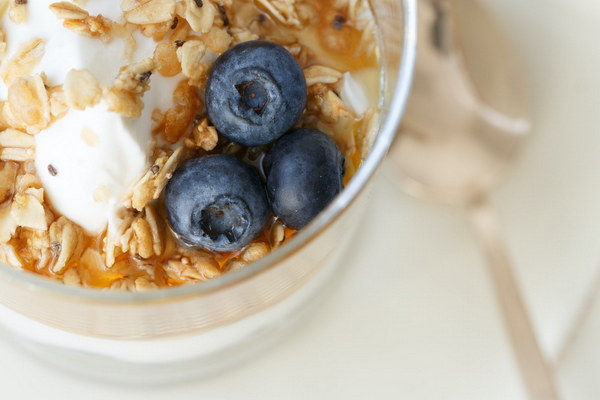Natural Remedies and Dietary Tips for Alleviating Myocardial Ischemia Symptoms
Myocardial ischemia, often referred to as heart ischemia, is a condition where the heart muscle doesn't receive enough oxygen-rich blood. This can lead to various symptoms and can be a precursor to more serious heart conditions. While medical treatment is crucial, dietary adjustments can also play a significant role in managing the symptoms of myocardial ischemia. Below, we explore some natural remedies and dietary tips that may help alleviate the symptoms of this condition.
Understanding Myocardial Ischemia Symptoms

Before diving into the dietary solutions, it's important to understand the symptoms of myocardial ischemia. These can include:
- Chest pain or discomfort, often described as a pressure or tightness
- Pain or discomfort in the arms, neck, jaw, shoulder, or upper back
- Shortness of breath
- Nausea, indigestion, or heartburn
- Dizziness, lightheadedness, or fainting
- Unusual sweating or cold, clammy skin
Dietary Tips for Myocardial Ischemia
1. Increase Omega-3 Fatty Acids
Omega-3 fatty acids, found in fatty fish such as salmon, mackerel, and sardines, have been shown to improve heart health. They can help reduce inflammation and lower the risk of arrhythmias.
2. Incorporate Plant-Based Foods
Plant-based diets rich in fruits, vegetables, whole grains, and legumes are beneficial for heart health. These foods are low in saturated fats and cholesterol, which can contribute to the buildup of plaque in arteries.
3. Limit Sodium Intake
Excess sodium can lead to high blood pressure, which is a risk factor for myocardial ischemia. Reduce your sodium intake by avoiding processed and packaged foods and using fresh ingredients in your cooking.
4. Choose Healthy Fats
Replace saturated and trans fats with healthier options such as olive oil, canola oil, and avocados. These fats can help reduce inflammation and improve heart health.
5. Eat More Fruits and Vegetables
A diet high in fruits and vegetables is not only rich in vitamins and minerals but also contains antioxidants that can help reduce oxidative stress on the heart.
6. Include Nuts and Seeds
Almonds, walnuts, chia seeds, and flaxseeds are excellent sources of healthy fats, protein, and fiber. They can help improve cholesterol levels and reduce the risk of heart disease.
7. Manage Portion Sizes
Overeating can lead to weight gain, which is a risk factor for heart disease. Be mindful of portion sizes and try to eat at regular intervals to avoid overindulgence.
Natural Remedies for Myocardial Ischemia
1. Ginger
Ginger has anti-inflammatory properties and can help reduce the symptoms of myocardial ischemia. Adding fresh ginger to your meals or making ginger tea can be beneficial.
2. Turmeric
Turmeric contains curcumin, a compound with powerful anti-inflammatory effects. Incorporate turmeric into your cooking or take it as a supplement to support heart health.
3. Garlic
Garlic is known for its cardiovascular benefits. It can help lower blood pressure and reduce cholesterol levels. Add fresh garlic to your meals to enjoy these benefits.
4. Green Tea
Green tea is rich in antioxidants and can help improve heart health by reducing the risk of heart disease and lowering blood pressure.
5. Chamomile Tea
Chamomile tea has been used traditionally to reduce stress and anxiety, which can be beneficial for those with myocardial ischemia.
Conclusion
Managing myocardial ischemia involves a combination of lifestyle changes, medication, and dietary adjustments. While the above natural remedies and dietary tips may help alleviate symptoms, it's crucial to work with a healthcare provider to create a comprehensive treatment plan. By incorporating these strategies into your daily routine, you can support your heart health and potentially reduce the severity of myocardial ischemia symptoms.









